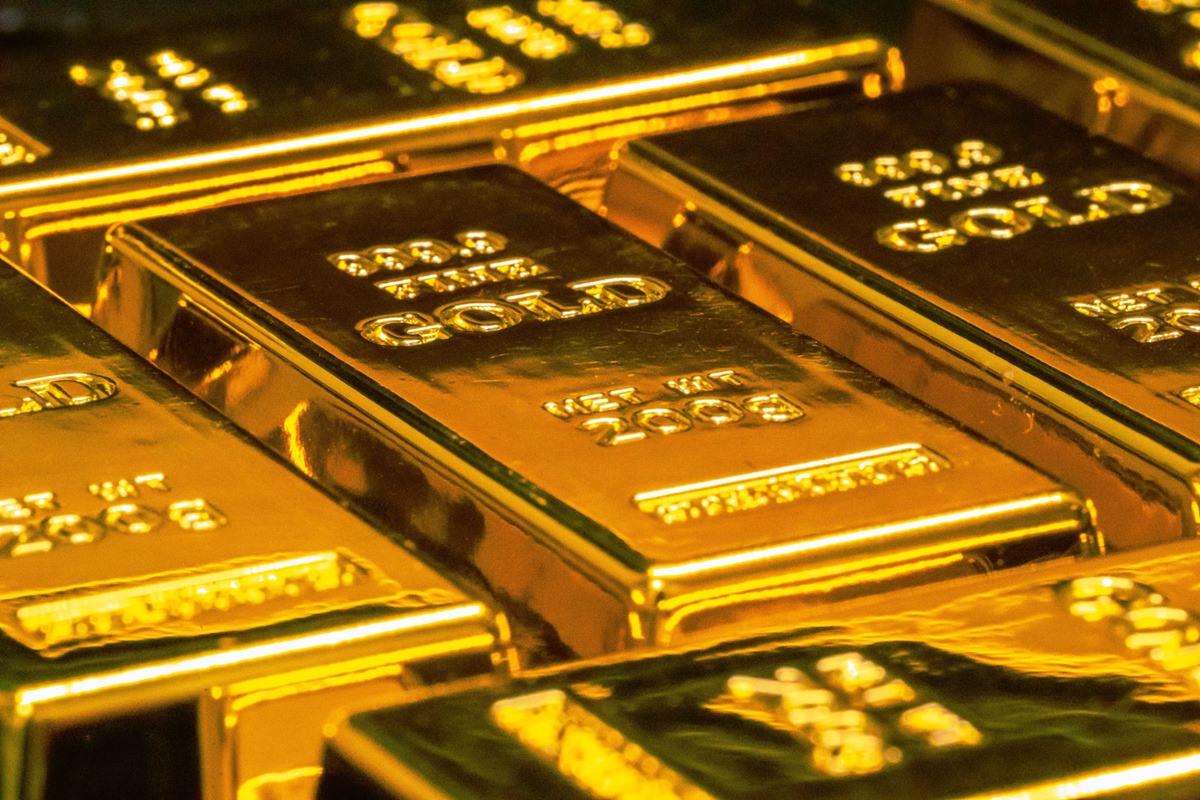The risk on trade in global markets is witnessing a huge rally in equities as well as gold.
There is an emerging view that the rally in gold is being fuelled by the surge in equities.
Advertisement
“Record-high gold prices have accompanied record-high equity valuations. The wealth and liquidity effect of higher equities may allow for the purchase of more gold, than would otherwise be the case,” global bank HSBC said in a note.
Much of the buying in gold appears to be fresh investment from outside the usual market participants, motivated perhaps by liquidity from the equity markets, and gives little sign of retreating, the note said.
Analysts have pointed out that the gold rally is not being explained by the traditional factors and new dynamics are in play.
Wall Street marquee firm Goldman Sachs said the majority of the gold upside since mid-2022 has been driven by new incremental factors, not least a significant acceleration in Emerging Market Central Bank accumulation as well as Asian retail buying.
EM Central Banks’ accelerated gold accumulation has been catalysed by sanctions fear, reinforced by a preference to hold gold directly. Meanwhile, Asian retail demand, led by China, has been driven by fear over economic stability and currency depreciation, particularly tied in China to the property sector, Goldman Sachs said.
Despite the market pricing progressively fewer Fed cuts, stronger growth trends and record equity markets, gold has rallied 20 per cent over the past two months.
Analysts at Goldman Sachs said the traditional fair value of gold would connect the usual catalysts – real rates, growth expectations and the dollar – to flows and the price.
“None of those traditional factors adequately explain the velocity and scale of the gold price move so far this year,” the analysts said.
Jefferies analyst Christopher Wood wrote in his commentary titled, ‘Greed and Fear’ that if the causes of the rally in the oil price are reasonably self-evident, not least of which are the supply constraints enforced by Opec Plus, the near-term drivers of the current gold rally are much less clear.
“For now at least there continues to be a notable lack of inflows into gold ETFs in the Western world. It is also the case that, while gold mining stocks have rallied this year, they are not really outperforming bullion on the scale which would normally be expected to happen in a roaring bull market, which is what happened in the 2001 to 2011 period. If all of the above shows a distinct lack of investor euphoria as regards gold, the question remains what is driving the current rally,” Wood said.
What also seems to be aiding the rally in gold is the safe haven hedge against equities.
“Concerns over the length and breadth of the equity rallies worldwide have led some investors, including large institutional investors, to hedge their bets by safeguarding equity portfolios with some gold, global bank HSBC said in its research note.
“The possibility that equities underwhelm going forward has bolstered gold. While hedging equity risk has benefitted gold to date, typically, an abrupt equity correction often triggers heavy gold liquidation,” the note said.
The substantial purchases of gold have materialised led by asset and portfolio managers as well as insurance companies and pension managers, as a way to hedge equity market risk, the note said.
Christopher Wood raised the question as to why gold is rising now than why it has not risen by much more in recent years when G7 central banks in the quanto easing era have engaged in increasingly aggressive monetisation as reflected in the extraordinary expansion of their balance sheets. For the record, the balance sheets of the Fed, the ECB and the Bank of Japan have risen from a combined $5.5 trillion in March 2009 to a peak of $25 trillion in February 2022 and are now $19.6 trillion.











